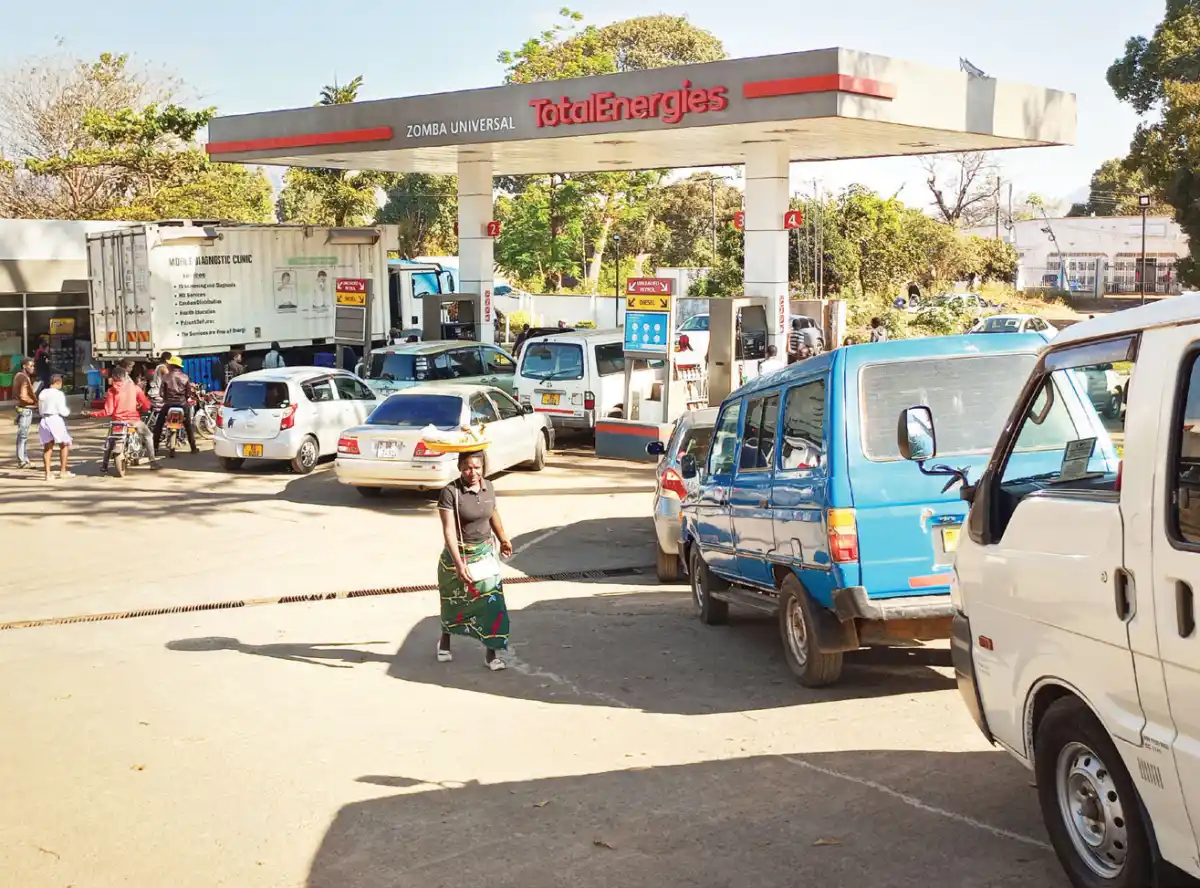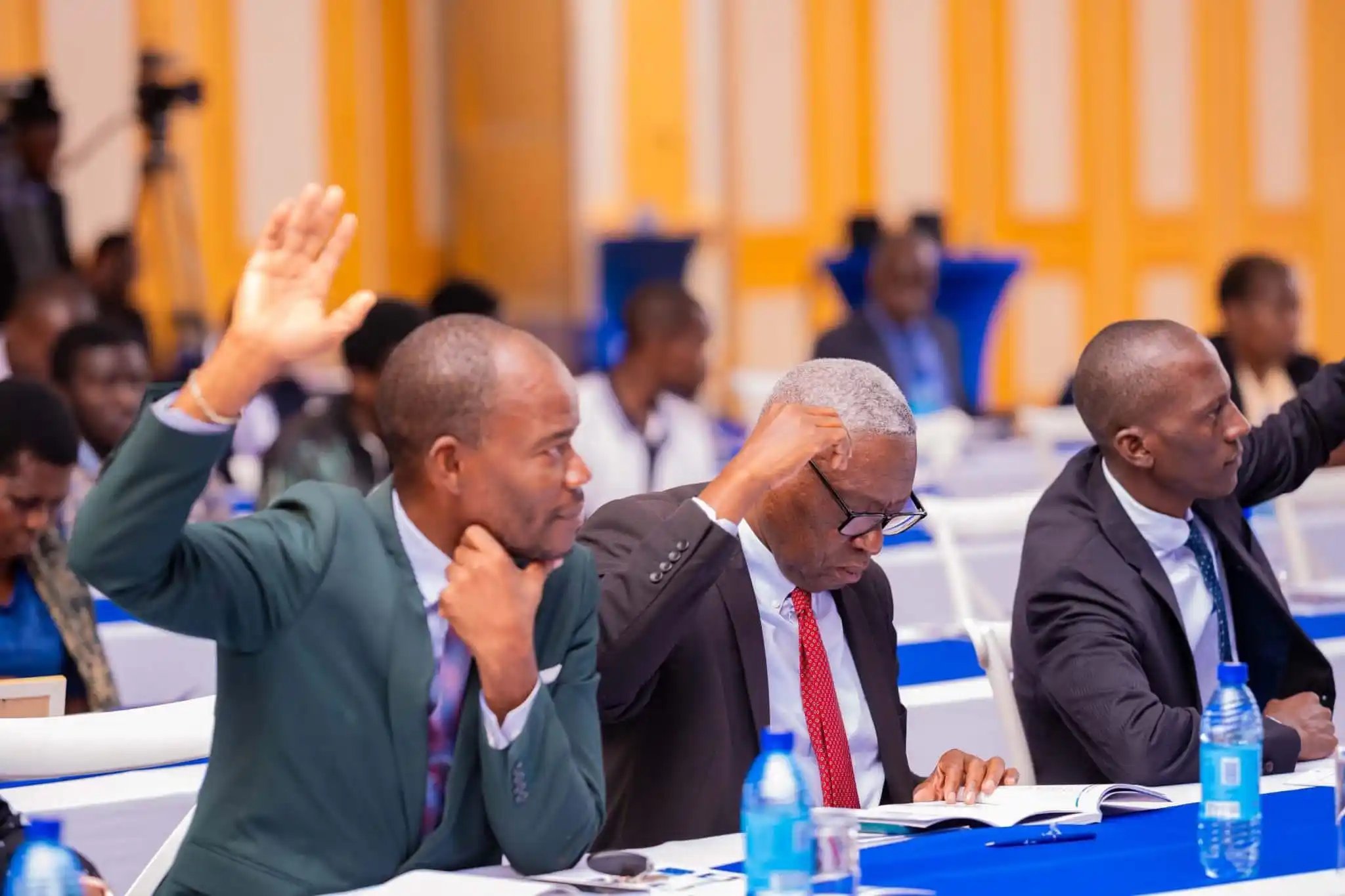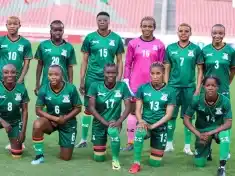
The World Bank has said international experience has shown that government-to-government (G2G) arrangements of importing fuel can lock the government into paying fixed prices that are significantly above global ones.
The World Bank has said this in the 20th Edition of the Malawi Economic Monitor titled ‘The Rising Cost of Inaction’ it has released in Lilongwe.
On November 27 last year, President Lazarus Chakwera announced a shift from open tendering to G2G agreements hat include longer repayment periods.
In January 2025, the authorities announced the procurement of 40,000 metric tonnes of diesel and petroleum from Abu Dhabi via an agreement with Kenya.
Malawi is in the process of developing its own G2G arrangements with Gulf nations.
According to the World Bank, G2G arrangements could also leave Nocma as the sole importer and increase pressure on the Reserve Bank of Malawi (RBM) to provide foreign exchange from its limited reserves.
“Moreover, Malawian legislation exempts these transactions from the PPDA [Public Procurement and Disposal of Assets] Act, thereby evading important oversight mechanisms.
“While the longer repayment periods under the new arrangement may provide some temporary relief from acute fuel shortages, the underlying structural problems will persist unless the government implements the necessary reforms to address price distortions and foreign exchange constraints,” the bank says.
According to the bank, Malawi’s fuel shortages result in part from the government’s decision to set fuel prices below cost recovery.
These policies, the bank says, have resulted in K785 billion in losses for petroleum importers.
“While the Malawi Energy Regulatory Authority (Mera) is covering these losses, importers are withholding K330 billion in levies that are supposed to be remitted to beneficiary institutions to finance road maintenance and rural electrification projects.
“Import losses depleted the Price Stabilisation Fund in 2022, preventing it from fully compensating importers. Administrative pump prices are insufficient to cover escalating import and transportation costs… Although suppliers have exported fuel to Malawi on open credit, the increase in arrears has resulted in the severing of credit lines,” the MEM reads.
The World Bank notes that below-cost fuel prices are part of a wider trend of providing implicit subsidies across sectors and products through quasi-fiscal activities conducted outside the budget.
‘The foreign-exchange market is a major example, as the RBM sells foreign exchange reserves at the official rate, which is significantly below the rate at which most market participants can access foreign exchange.
“Between 2019 and 2024, the RBM sold over $1.1 billion in foreign exchange to banks and other entities at the official exchange rate (World Bank 2024a). While details on the use of RBM foreign exchange sales are not made public, a large share went to finance purchases of fuel and fertiliser,” the bank says.
Energy Minister Ibrahim Matola was not immediately available for a comment on the World Bank’s observations as we went to press Sunday.
However, Consumers Association of Malawi Executive Director John Kapito has been imploring the authorities to raise fuel prices.
Addressing the nation in November last year, Chakwera said the G2G arrangement was one way of ensuring continued supply of the commodity on the market.
He observed that the G2G arrangement would make Malawi’s access to fuel more secure through better payment terms and cycles.
Chakwera also indicated that he had constituted a Coordinating Committee to facilitate and execute all aspects of the G2G policy.

“This committee is being supported by a Technical Committee of technocrats from the respective ministries, and they all have my instructions to work with speed to secure the first G-to-G agreements for our country,” he said.
Last week, during the launch of the MEM, World Bank Country Manager Firas Raad urged the authorities to embrace expenditure control reforms.
“Without undertaking serious reform actions now, the pain of the eventual economic adjustment and the risks of further destabilisation will only continue to grow,” Raad said.
As at now, Malawians are still queuing for petrol and diesel, which prompted Chakwera to go for G2G in the first place.







0 Comments